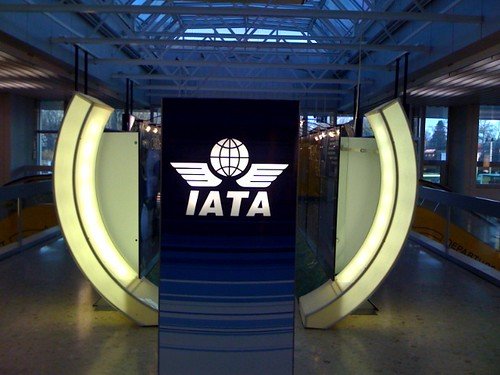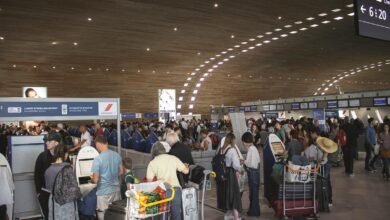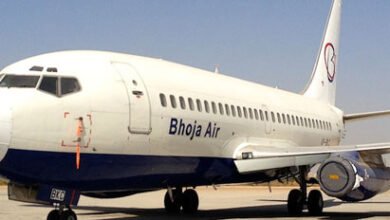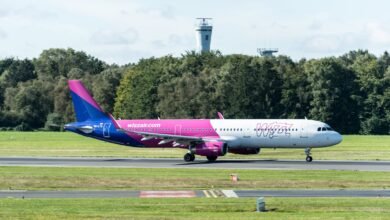How Airlines, Hotels, and Travel Agents Work with IATA

The International Air Transport Association (IATA) is a cornerstone of the global travel and aviation industry. It ensures that airlines, hotels, and travel agents operate efficiently and cohesively. But how do these entities collaborate with IATA? Let’s explore their roles and how they benefit from working within IATA’s framework.
1. How Airlines Work with IATA
Standardization of Operations
IATA develops and enforces global standards for airlines. These standards cover:
- Safety protocols: Ensuring compliance with international aviation safety regulations.
- Passenger services: Streamlining processes like e-ticketing, baggage handling, and boarding.
- Codes and Identification: Assigning unique airline codes (e.g., PK for Pakistan International Airlines).
Financial Systems
IATA’s Billing and Settlement Plan (BSP) simplifies financial transactions between airlines and travel agents.
- Reduces administrative work for airlines.
- Ensures timely and secure payments for services.
Advocacy and Representation
IATA represents airlines in negotiations with governments and global organizations, advocating for favorable policies and regulations that benefit the aviation industry.
2. How Hotels Work with IATA
Hotels collaborate with IATA indirectly, leveraging its systems and standards to enhance their relationship with travel agents and airlines.
GDS Integration
Hotels are integrated into Global Distribution Systems (GDS) supported by IATA.
- Travel agents and airlines can easily book hotel accommodations for travelers.
- This integration ensures real-time availability and standardized pricing for hotel bookings.
Travel Packages
Hotels often partner with airlines to create travel packages for customers, combining flights, stays, and other services. IATA’s standards make these packages easier to manage and sell through agents.
IATA Numbers for Discounts
Hotels recognize travel agencies with an official IATA accreditation number and often provide them with discounted rates, ensuring mutual benefits.
3. How Travel Agents Work with IATA
Travel agents are among the primary collaborators with IATA, benefiting from its tools and accreditation systems.
IATA Accreditation
- Travel agencies can apply for IATA accreditation, gaining a unique IATA number.
- Accreditation allows agencies to directly access airlines’ booking systems, issue tickets, and access exclusive benefits.
Access to BSP
With IATA’s Billing and Settlement Plan, agents handle ticket payments efficiently.
- BSP consolidates payments to multiple airlines, saving time and reducing administrative overhead.
Credibility and Trust
Being IATA-accredited enhances a travel agency’s credibility. Customers trust that accredited agents adhere to global standards and provide secure services.
Training and Certification
IATA provides training programs for agents, helping them stay updated on the latest travel trends, regulations, and systems.
Benefits of Collaboration with IATA
| Entity | Benefits of IATA Collaboration |
|---|---|
| Airlines | Streamlined operations, safety compliance, simplified payments, advocacy. |
| Hotels | Access to agents’ networks, real-time bookings, integration with travel packages. |
| Travel Agents | Credibility, direct access to airlines, payment facilitation, training programs. |
How Yamama Travel and Tours Benefits from IATA
As a trusted travel agency, Yamama Travel and Tours works within IATA’s framework to:
- Offer reliable and secure airline ticketing services.
- Partner with hotels and airlines for seamless travel packages.
- Provide customers with top-tier services that adhere to global standards.
Plan Your Next Trip with Us
📞 Looking for flights, hotels, or travel packages? Contact us today: Yamama Travel and Tours



